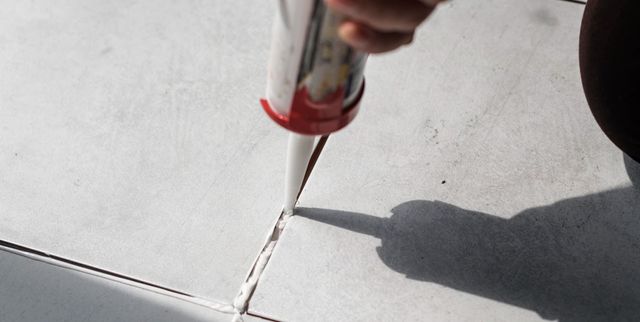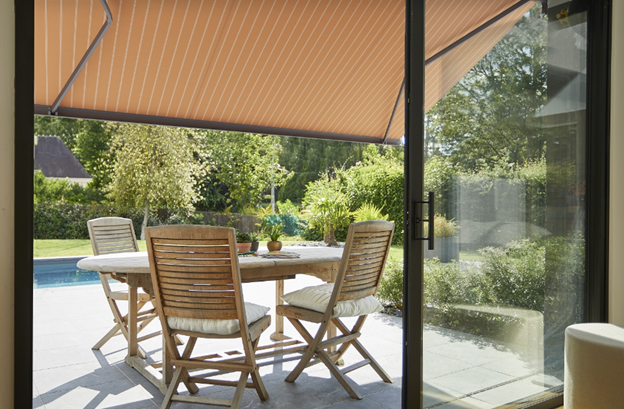When you close your pool for the cold properly, then you protect your fibreglass pool as well as your investment. You’ll also be spared various headaches related to maintenance when it comes to the following year.
One of the major responsibilities that you’ll need to shoulder when the summer season comes to a close is, well, closing your swimming pool. When it’s done properly, this ensures that the time you get ready to use your pool the following summer, you won’t be burdened with various maintenance tasks first.
When you close your pool, you protect your pool equipment from damage that could be caused freezing. Here’s how you close your fibreglass pool the right way.
Table of Contents
How To Close Your Pool For The Winter Season
Closing your pool indicates that you’ve taken the necessary steps required to protect your pool through the winter season. When you have the right tools, this is something that you can do yourself. Here’s how you do it.
Clearing The Pool Of Debris As Well As Pool Scum
Before you close your pool, you’ll need to ensure that it’s as clean as possible. This is in order to prevent bacteria from growing in the pool water. When your pool is clean, then it’s also less likely that the filtration system will be clogged, once the pool is closed.
Clean your pool the way you would normally clean it. Just be extra careful to ensure that you remove all the dirt and the grime.
You’ll need to vacuum as well as brush your pool carefully. Remove all dirt from the bottom as well as the sides of the pool. You should also scrub the sides should mould or grime be built up over time. Also remove any debris that you can, with a handheld skimmer. Clean out your skimmer basket as well.
Testing And Balancing The Water In The Pool
You’ve needed to test and balance the water in your Brisbane fibreglass pool through the summer. And now you’ll need to do it one more time. Before you close your pool for the season, ensure that the water in it is properly balanced.
You’ll need to test the pH level as well as the alkalinity of the pool water. Also, test its calcium hardness. After this, you’ll need to make water treatments to get the pH down between 7.2 and 7.6.
The pool water’s alkalinity should be between 80 to 120 parts per million, and its calcium hardness should be between 180 to 220 parts per million.
Adding Winterising Additives As Well As Chemicals
To properly winterise your pool, you’ll need to add chemicals to it, to keep the water in your pool clean through the winter. These chemicals are beneficial and ensure that your pool doesn’t develop bacteria or even scales, while closed.
Say one week before you want to close your pool, add a phosphate remover. This is because phosphates can promote the growth of algae. You should also add stain as well as scale chemicals to prevent metals as well as minerals from building up in the water.
Adding Shock And Chlorine
You may find that your water appears clear. Even if this is the case, you should still shock your pool. The product you use should contain at least 65% of sodium hypochlorite. Before using them, pore through the directions listed on the packaging, and follow them carefully.
Usually, you’ll need one pound for around 10,000 gallons of water. To use the product, first, mix it in a bucket along with some water from the pool. Then, run your pool filter and pour the mixture into the pool.
First, wait til the total chlorine level in your pool returns to between 1 and 3 ppm. Then, add an algaecide to the water.
Lowering The Water Level Of The Pool
Based on where you live, your pool water could be in danger of freezing over the winter. This is why you’ll need to lower the water level in your pool before you close it for the season.
This is mainly for inground pools. If you have an above-ground pool, then you can skip this step. Just remove the outlet hose from the pool’s skimmer basket.
Cleaning And Backwashing The Filter And The Pump
In case you have a sand filter, you’ll need to backwash it in order to discourage the growth of algae within the filter element. Should you have a filter that is removable, then clean it well.
In order to backwash your pool filter, you’ll first need to turn the pool’s heater off. Then, turn the filter off and turn the valve that’s labelled as either ‘backwash’ or ‘drain to waste.’ There are filtration systems that are connected to a waste collection receptacle. For some others, you’ll need to ensure that you connect a backwash hose that’s directed to a waste disposal site.
You’ll need to turn your filter on and run it for around five minutes. Do it until the water in your pool appears clear. Then, turn off the multiport valve and switch it to the rinse setting, and then let it run for thirty seconds. Do this before you turn the filtration system off.
Clear The Lines Of The Pool Pump
It’s possible for water that is residual to freeze inside the pool equipment as well as the water lines. As a result, these could expand and then crack. You need to ensure they are as dry as possible, in order to prevent damage during the winter. You could also blow the lines out with air compressors.
Should you not be able to do this, you can always use a pool antifreeze.

Removing Pool Accessories
You’ll also need to remove all the pool accessories, such as ladders as well as diving boards. This way, you can ensure that the pool cover fits your fibreglass pool correctly. You should also remove the skimmer baskets as well as other wall fittings from your pool.
Clean all the pool accessories thoroughly, before you put them away.
Install A Winter Pool Cover
When your pool has a pool cover that is well-fitting, then you can ensure that your pool stays clean while it’s not being used. You can either find a mesh or a vinyl winter cover on the market. Usually, mesh covers are more affordable and you don’t need to do any maintenance work for them, over the winter.
With a solid cover, you’ll need a pump that removes rainwater as well as melted snow from the top. You should also use all precautions such as locking the pool fence gates, to close your pool.
Monitoring The Chemical Composition Of The Pool Water
Through the winter, ensure that you monitor the chemical balance of the pool water on a regular basis. Ideally, check the chemical composition on a monthly basis, and add chemicals as and when needed.
Conclusion
Closing your pool for the winter helps you ensure that your pool equipment and accessories are protected through the winter. From cleaning your pool to backwashing your pool filter, this was everything you needed to do in order to clean your pool properly. Follow the steps in this guide to protect your fibreglass pool through the winter.




